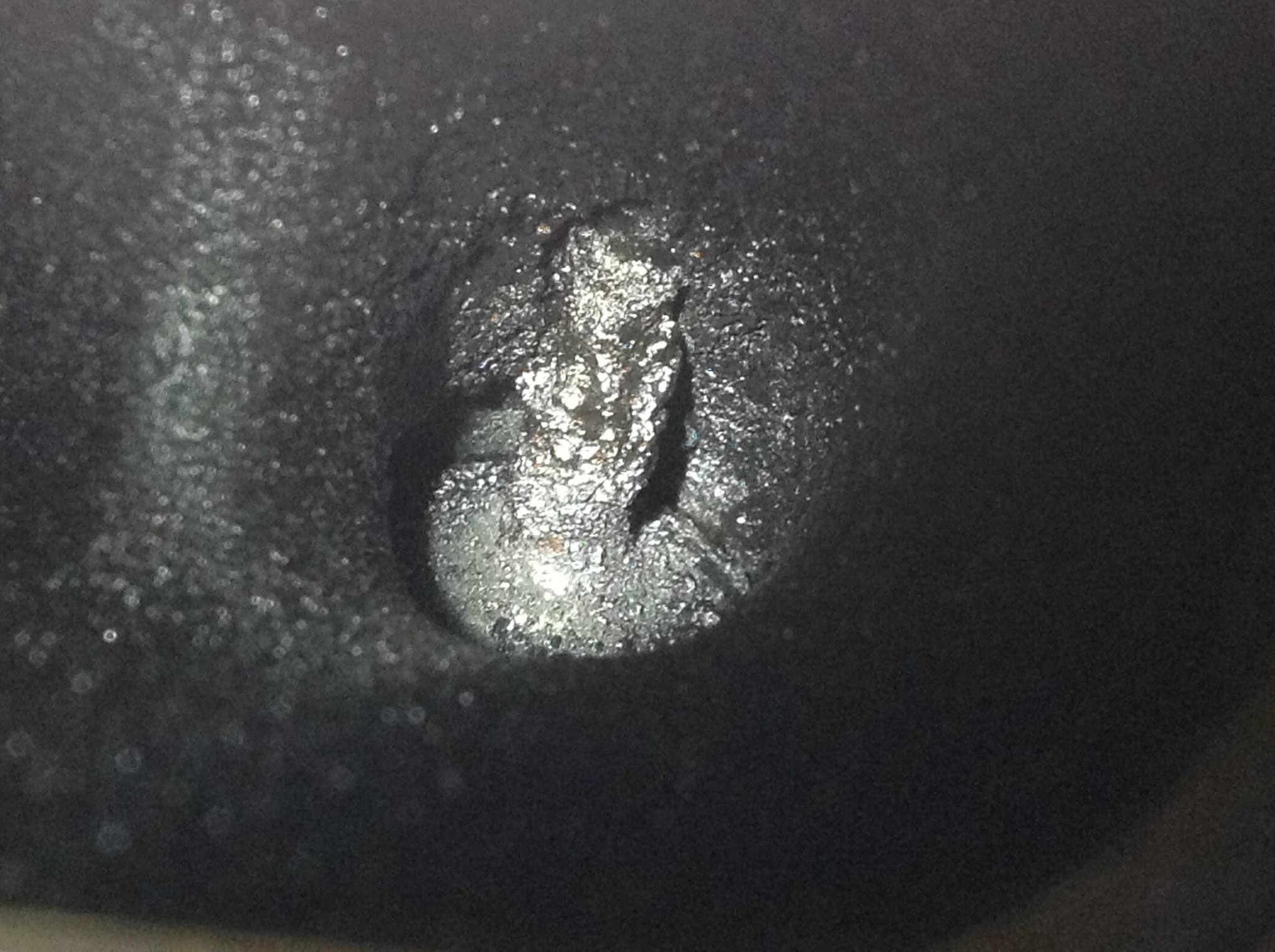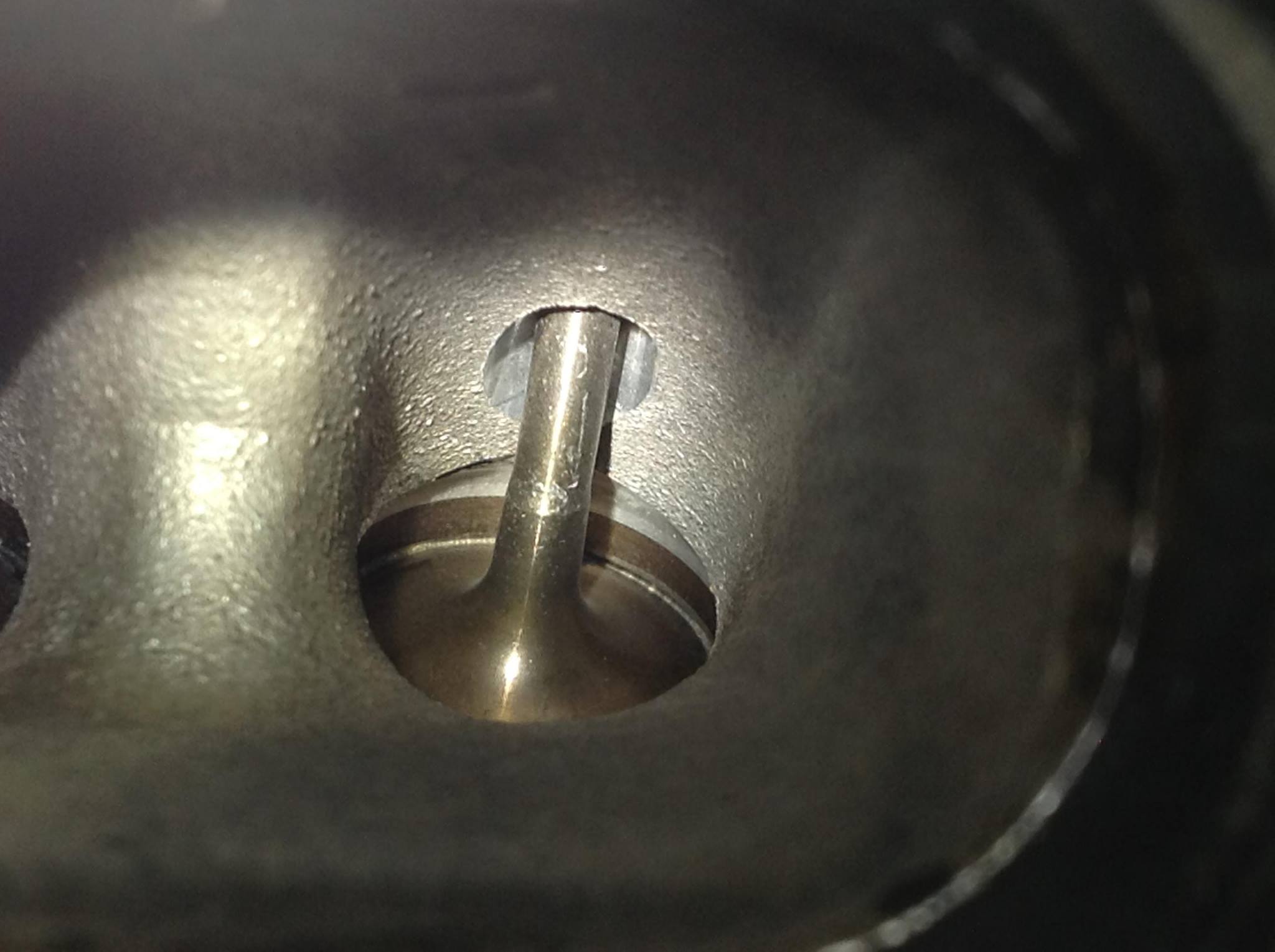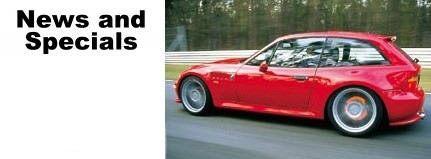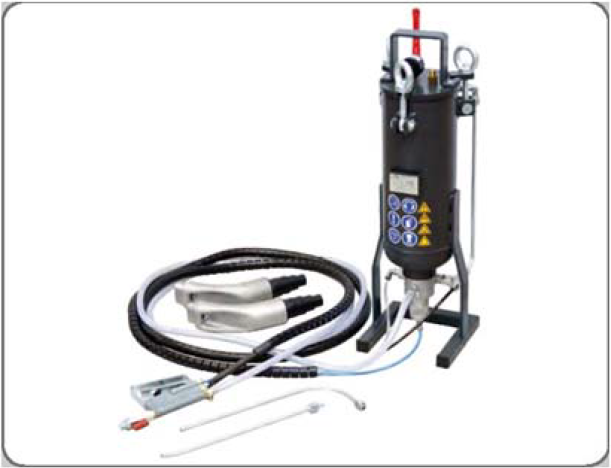|
 $699 BMW
TWIN-Turbo Decarb Service (six-cylinder
only, V8 please call for price)
$699 BMW
TWIN-Turbo Decarb Service (six-cylinder
only, V8 please call for price)
Due to modern unburned hydrocarbon (UHC)
regulations, vapors from the crankcase are
usually vented into the intake stream in
order to prevent oil droplets from escaping
through the exhaust. In a port injection
engine, these droplets are ‘washed off’ the
neck of the intake valve by a relatively
constant stream of gasoline droplets. In a direct
injection turbocharged engine, the
gasoline doesn’t touch intake side of the
valve. As a result, the droplets have a
tendency to bake onto the valve and
significantly reduce performance. To add to
this effect, many advanced direct injection
turbocharged engines also include exhaust
gas recirculation in order to lean out the
combustion mixture and reduce in-cylinder
temperatures for certain combustion modes
(reducing NOx emissions). Since direct
injection combustion has the ability to
produce far more soot than premixed
combustion (port injection), the problem is
magnified.
Even more alarming is that these deposits
can dislodge and damage other downstream
components (turbochargers, catalytic
converters, etc.). Manufacturers have added
systems to capture these oil droplets and
particulates, but no system is 100%
effective. As a result, there are many
disappointed early adopters with large
repair bills.
BMW
tried to offer in-tank and spray-on valve
cleaners, however their effects are minimal
on an engine that already has carbon
buildup. Only a thorough blasting of the
valves and head ports using factory
blaster
and
walnut shell media will provide a proper
cleaning, as illustrated below.
BEFORE DECARB SERVICE:

AFTER DECARB SERVICE:

Since
the process is fairly involved and requires
a removal of intake manifold, please call us
for a price quote, as it is dependent on
year/model of your vehicle.
Note: while performing decarb service, we
will replace an oil filter housing gasket
(another common high-expense item on these
engines) FREE of charge!
|



